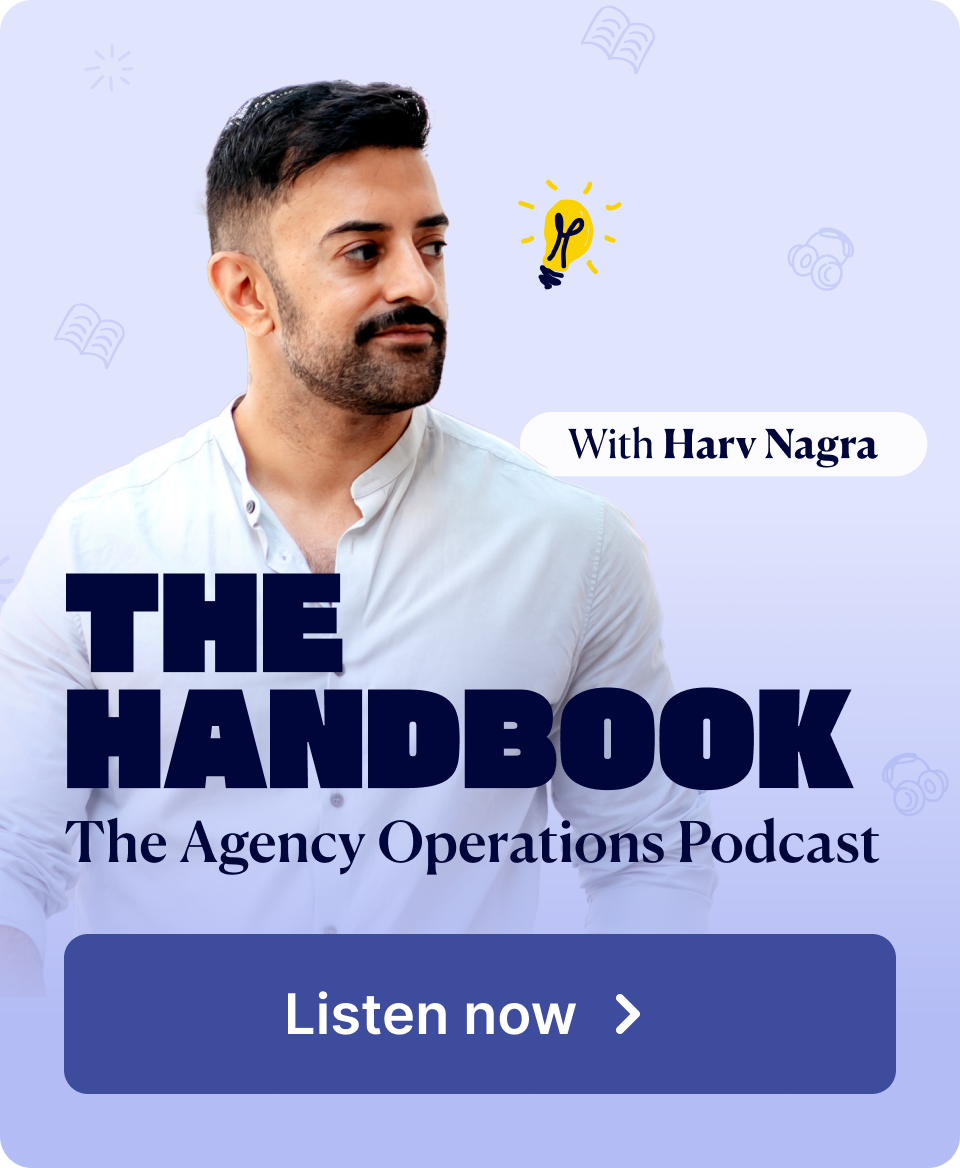
How has company culture changed in your workplace since we transitioned to hybrid and remote working?
While I love the flexibility of our new ways of working post-COVID, this brave new world throws up new challenges. The reaction we often read about in the news is panicked CEOs asking their employees to get back in the office 5 days a week – and the expected outrage and shaming from their employees.
As agency ops leaders, we’re responsible for not just establishing ways of working, but for setting norms – that includes setting the tone on company culture.
I’ve worked remotely since March, but I was previously in a hybrid model. In both of these scenarios, I’ve personally felt that on the culture front things were easier and, in some ways, better when we used to work in the same space.
As an ops director, my questions and concerns were:
- Won’t new, inexperienced hires take much longer to get up to speed if they can’t absorb the conversations and ease of Q&A in the office?
- Will people working from home feel passionate about the company mission? Or do “careers” just become “jobs” in this era?
- The jokes, laughs and moans, lunch dates, and after work beers that built friendships are happening less often. How will people feel connected to one another when everything’s done in Slack messages or scheduled Zoom calls?
Finding the new formula is tough.
So if we want to rebuild and re-energise company culture to be as vibrant as before, do we have any choice but to follow suit with those CEOs and mandate 5-day-a-week office policies? 😬
That’s the topic of the most recent episode of The Handbook: The Agency Operations Podcast. I spoke to team collaboration expert Julia Västrik on how we can strengthen company culture in the WFH era.
Julia gave us loads of advice around the 5 pillars of company culture she sees as most important. I’d recommend having a listen to see what you can bring into your workplace. A few highlights and takeaways in the episode summary below.
If I had to sum up the best of her advice? It is possible to build a vibrant culture – but what was easy and automatic before, requires intentional effort and planning in the remote era.
The onus is on us as leaders to get this right for the sake of employee engagement and to meet our business objectives.
Any other tips and tricks from your workplace? I’d love to hear what’s worked well for you. Reply to this email and let me know, I’d love to hear from you.
Until next time,
Harv Nagra
Ops consultant & former agency ops director
🎧 The Handbook: The Agency Operations Podcast:
Julia Västrik has 10+ years of experience as a team collaboration expert. In this episode, she shares the challenges of remote and hybrid work and how it’s having an impact on company culture.
Previously, grabbing lunch or a drink after work was easy. But now, even small talk needs to be intentionally brought into our Zoom calls to avoid things becoming too transactional.
This new way of working leads to challenges like feeling disconnected from colleagues, a lack of motivation, and experiencing loneliness.
Check out the key takeaways below or listen to the full episode to learn how to adapt in a WFH era.
Key Takeaways:
To navigate different cultures, teams can discuss what is important to each person such as punctuality and other needs. Then they can create common agreements on how to work together. (28:51)
It’s harder to have organic conversations while working remotely. Intentional effort is needed to strengthen relationships. (4:13)
Proximity bias means favoring people that are physically close to us. We might think that those within the office are more professional, diligent or contributing more. It’s important for managers to recognize and mitigate this bias within hybrid teams. (5:07)
We’re a much better team when we like the people we work with. Building trust by creating personal connections is key. (6:53)
A lot is lost in written communication. When sending written messages we can share positive intentions by being extra friendly and using emojis, and as the receiver we should assume positive intentions. Using video or voice messages can help prevent misinterpretation. (14:16)
Working agreements make it clear of the expectations within the team. These should be flexible and can include things like working hours. (17:45)
Getting the team together to think about what they can improve leads to continuous improvement. Incremental changes sum up to have a bigger impact over time. (20:24)
Psychological safety is about creating an environment where people aren’t afraid to speak up. When leaders own up to their mistakes, it encourages others to feel ok being imperfect and to ask questions. (23:13)
Leaders engaging in small talk with their teams on a regular basis makes people feel important, respected and that they matter. This creates feelings of belonging within the team. (25:31)
Help boost collaboration in your teams:
🔎 Help Center
With Scoro’s calendar you can easily see when your entire team is free at once. Just click on your team name, choose a time-frame and you’ll get a range of available time slots to select from. It also syncs with Google Calendar, MS Exchange and iCal.
📕 Case Study
Learn how this organization increased collaboration and efficiency between its teams with Scoro.




